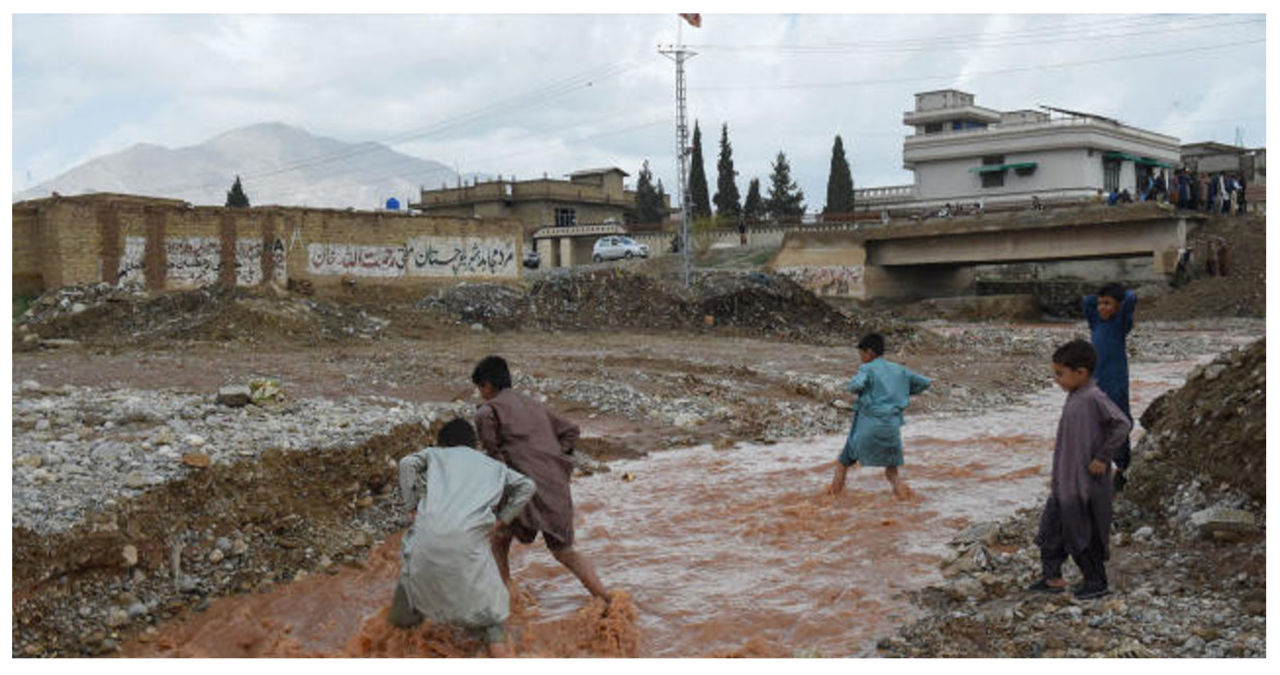Despite the fact that we are currently going through the hottest months ever recorded in human history, and scientists are warning us that we are running out of time, a recent poll has revealed a concerning decrease in the number of individuals who consider climate change to be an urgent matter.
According to the latest survey conducted by Monmouth University, fewer than half of Americans (46%) consider global heating to be a significant problem. While this percentage is higher than it was nine years ago (41% in 2015), it is lower than more recent polling, which showed figures above 50% (54% in 2018 and 56% in 2021). The level of concern regarding the urgency of addressing climate change, specifically categorizing it as “very serious,” has declined across all political groups. Among Democrats, the percentage dropped from 85% to 77% since 2021, among Republicans it decreased from 21% to 13%, and among independents it went down from 56% to 43%. Today, voters’ primary concerns revolve around issues such as inflation, immigration, and reproductive rights.
According to recent surveys, a significant majority of Americans (73%) continue to recognize that climate change is occurring and is primarily caused by our reliance on fossil fuels. This figure remains consistent with previous surveys conducted in 2015 (70%), 2018 (78%), and 2021 (76%). In contrast, a study published in the journal Environmental Research Letters in 2021 revealed that over 99% of scientists concur that climate change is real and predominantly influenced by human activities.
The public’s sense of urgency about climate change is often hindered by the spread of misinformation on social media. This misinformation includes both science denialism and the downplaying of the seriousness of the ongoing climate crisis.
Dr. Michael E. Mann, a climate scientist from the University of Pennsylvania, highlighted the concerning trend of bot armies infiltrating social media platforms to manipulate discussions on climate change and environmental sustainability. This issue has been prevalent for several years and continues to impact the integrity of online discourse.



